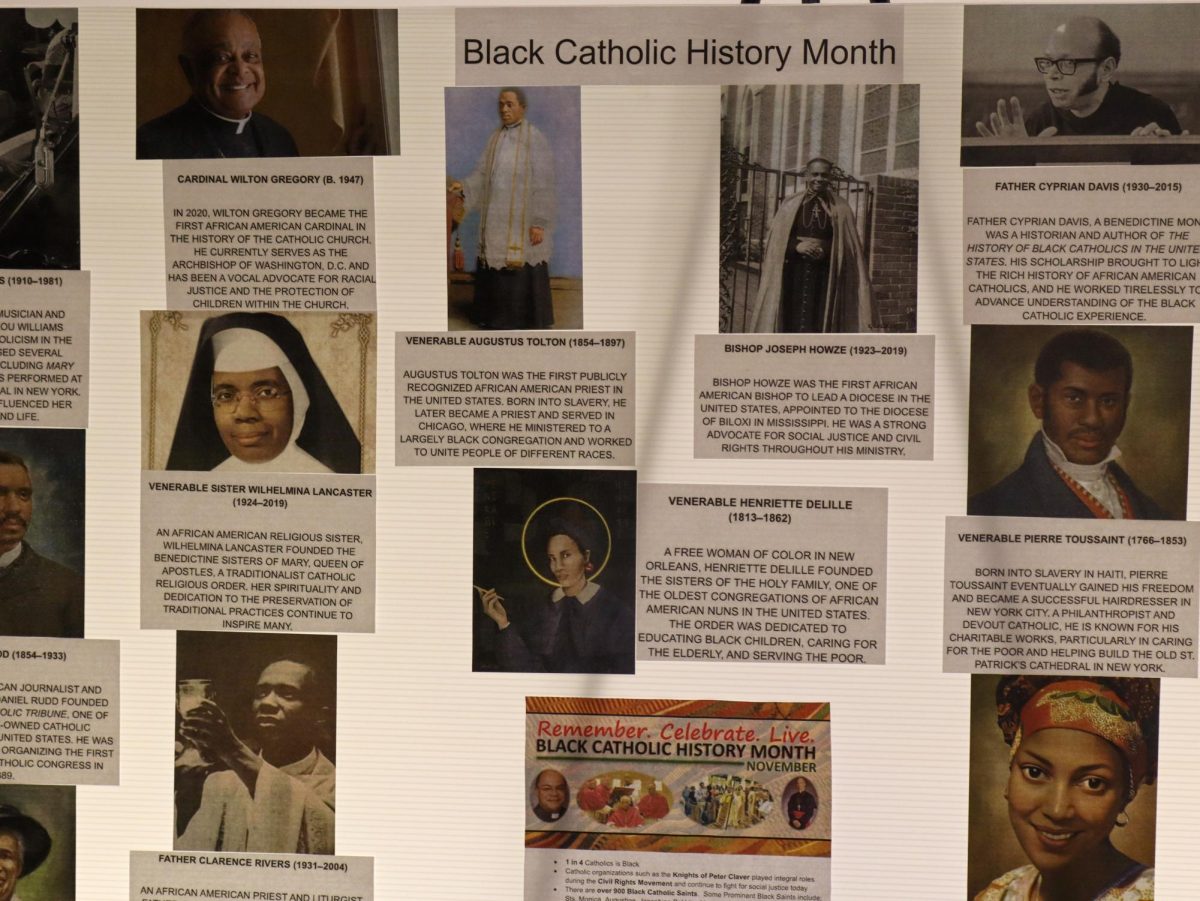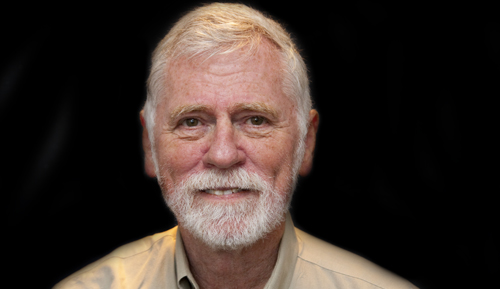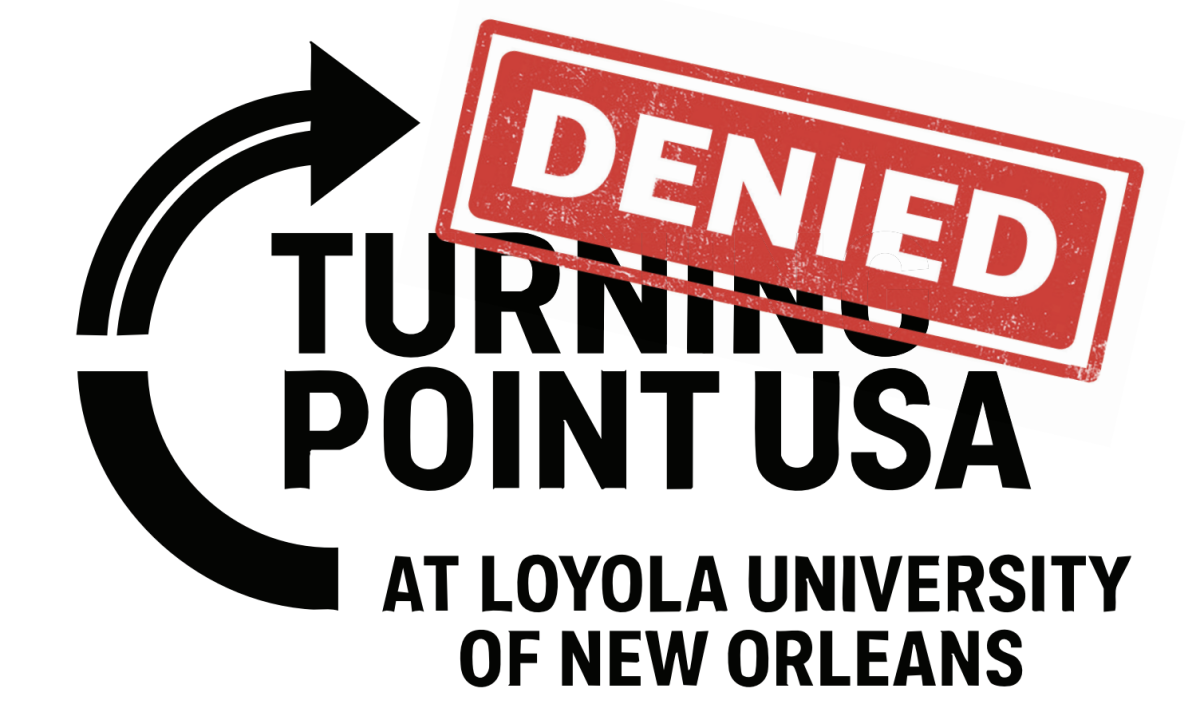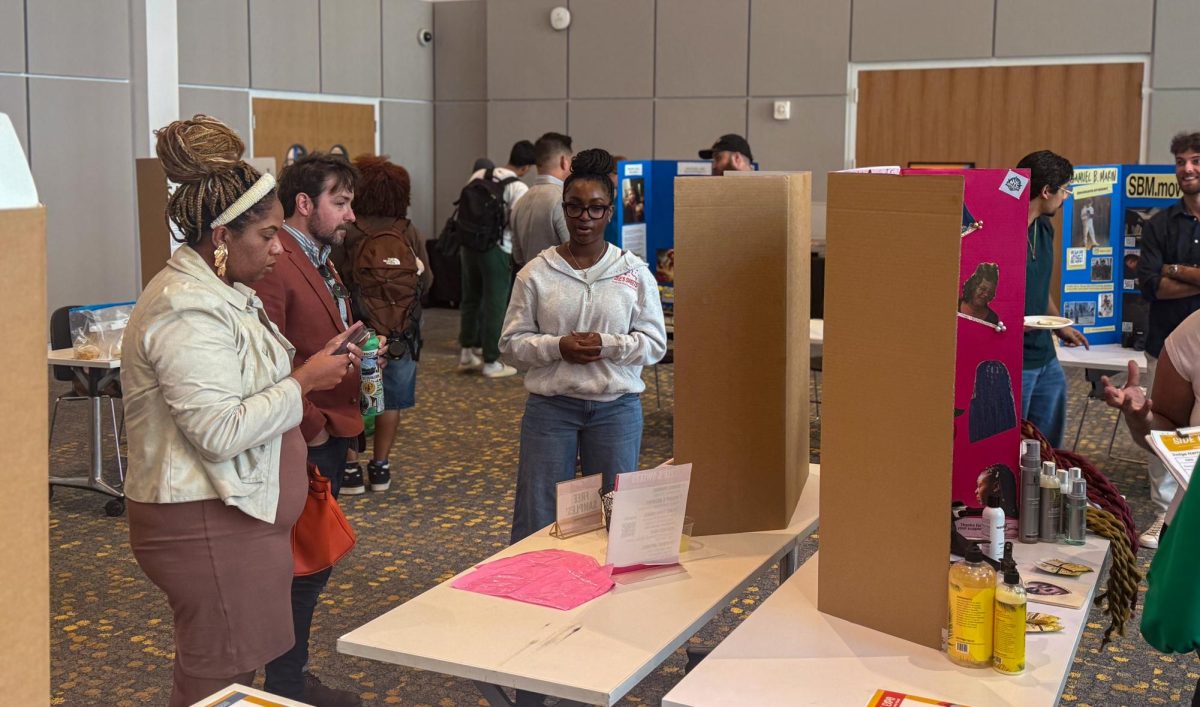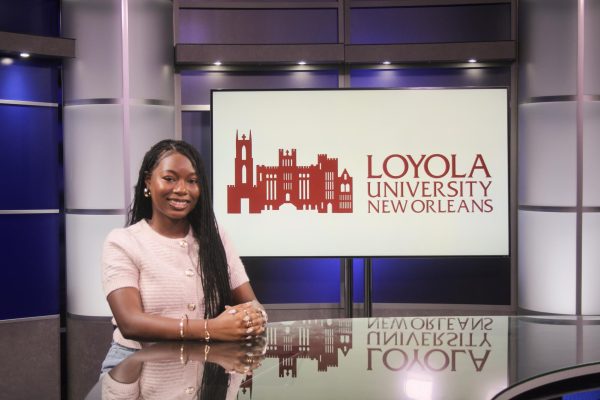Representatives from the Provost’s Office, Faculty Senate Executive Council, the deans, and the president’s cabinet are meeting with potential candidates for the next university provost. The criteria they have prioritized during the selection process include the ability to articulate an academic vision, an understanding of Loyola’s Jesuit mission, experience as a leader with the ability to work with constituents, and the capacity to communicate decisions in an honest and transparent manner.
The provost is a key leader at Loyola, serving as second-in-command to the university’s president, Xavier Cole. Their primary responsibilities include overseeing academic programs, supporting student success, fostering faculty development, and ensuring the university meets its strategic goals.
Interim Provost and Senior Vice President for Academic Affairs Maria Calzada, Vice Provost Erin Dupuis, and the search committee chair have met with and evaluated a large number of applicants, carefully reviewing their applications.
“Each candidate wrote cover letters addressing the provost search profile, and the committee considered these very carefully, in addition to their experiences and qualifications,” members of the search committee said. “Eight applicants were invited for short interviews, and the final three were selected from this smaller list for the campus interviews.”
When discussing the role of students in the selection process, the search committee emphasized their importance.
“Diamond Dixon, the SGA president, serves on the search committee and is able to ask interview questions related to student concerns,” members of the search committee said. “She is also helping to run a student group interview session for each candidate.”
The search committee’s top priority is student achievement and academic success, which they prioritize when reviewing the candidates.
“The provost, as the academic affairs leader, needs to work with the deans, faculty, and academic support areas, including the Pan American Life Student Success Center, to ensure our students are successful in the classroom and beyond,” members of the search committee said.
Members of the committee also said that they are currently working on their reaffirmation report for the Southern Association of Colleges and Schools Commission on Colleges review and will welcome a visiting committee in spring 2026.
Ensuring a successful re-accreditation process, which happens every 10 years through the SACSCOC is a priority for Academic Affairs and the next provost.
One initiative linked to these efforts is the development of a Quality Enhancement Plan. The QEP is a university-wide initiative required by SACSCOC as part of accreditation, aimed at enhancing student learning.
“Academic Affairs is currently developing our next QEP, which will center around the financial literacy of our students,” members of the search committee said. “The QEP will be implemented in the next three to five years, and the new provost will play an instrumental role in its implementation.”
Members also said that the university is in the process of developing its next strategic plan with Academic Affairs, through the provost and in collaboration with all of its stakeholders, who play an important role in the planning process.
The provost candidates are aware of these initiatives and have been vetted for their ability to support and enhance all aspects of them.
After the final candidate presentation on Feb. 6 and the conclusion of the final candidate’s campus interviews, the search committee will gather additional feedback from the community.
The committee’s feedback will then be provided to President Cole and members of the search committee expects to make a final decision and announce the chosen candidate between February and March.








